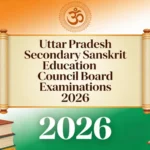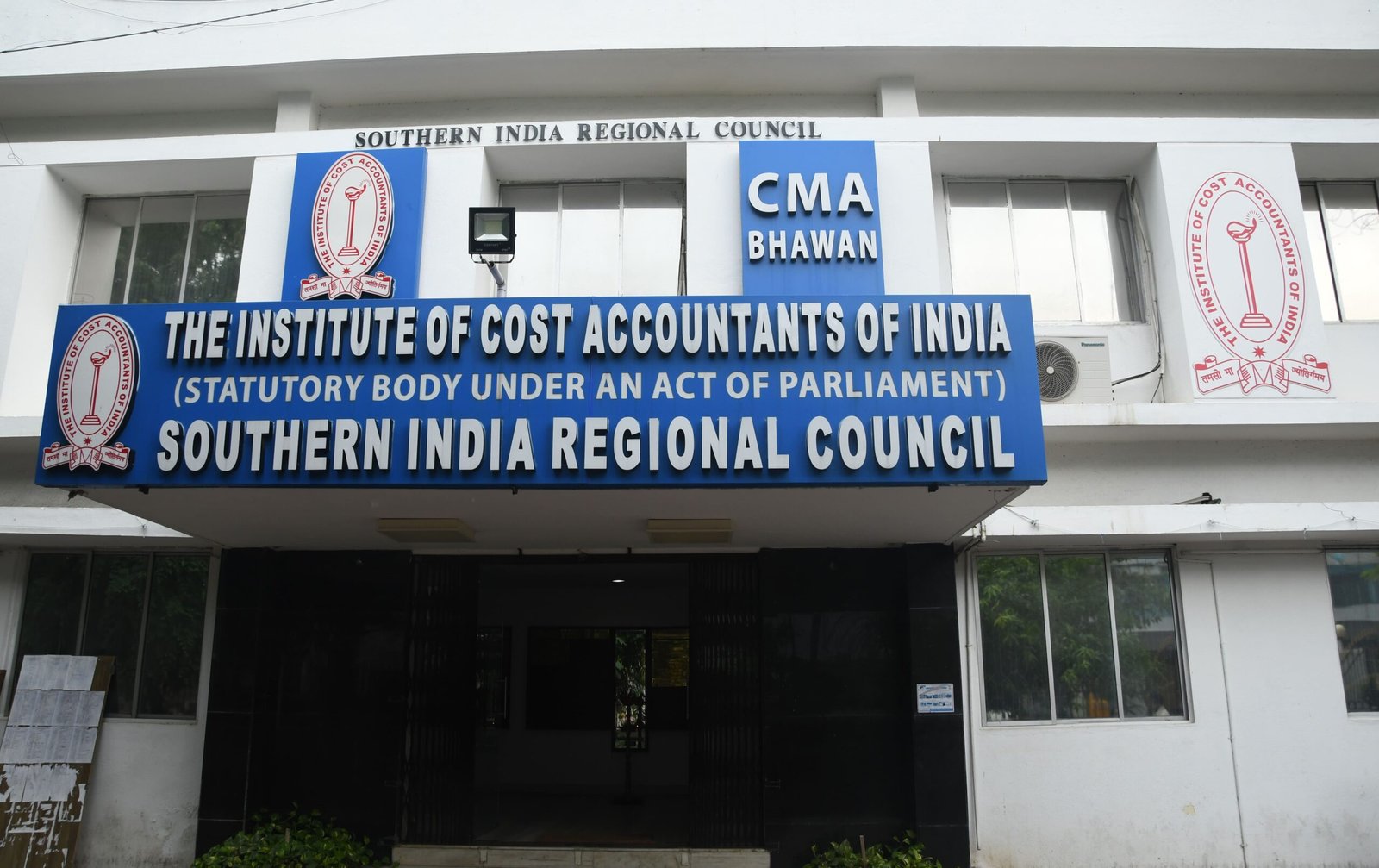Among India’s most prestigious and challenging competitive exams is the Civil Services Examination (CSE) run by the Union Public Service Commission. Competition for these odd posts is a mix of trying and pleasurable experiences attended by people from all walks of life. Several eligibility standards govern the number of tries allowed, so the applicants must grasp this. This complete guide explains the details regarding UPSC attempt limits along with age relaxations and strategic tips to maximize every attempt.
Understanding UPSC Attempt Limits
The number of attempts allowed by the UPSC is determined by category and subject to specific regulations. These limits must be well-defined for aspirants to plan their preparation.
General Category.
Number of Attempts: 6.
Age bracket 21 – 32 years.
A limit of six attempts is set at 32 for general category candidates.? Even if they haven’t attempted it, individuals are disqualified unless they reach the age of 32 on August 1 of their examination year.
Economically Weaker Sections (EWS)
Number of Attempts: 6.
Age bracket 21 – 32 years old.
Applicants in the EWS category are subject to identical age and try limits as those in their general category. To take advantage of the reservation, EWS candidates must meet the government’s income and asset standards.
Other Backward Classes (OBC)
Number of Attempts: 9
Age Limit: 21 to 35 years
OBC candidates get nine chances to try and can be up to 35 years old. This gives them more time and opportunities to help people from different backgrounds have a fair shot. It shows that the system understands some folks might need extra time due to their life situations.
Scheduled Castes (SC) and Scheduled Tribes (ST)
Number of Attempts: Unlimited
Age Limit: 21 to 37 years
For candidates of SC and ST categories, there are unlimited attempts until the completion of the age of thirty-seven years. The idea behind this provision is to achieve inclusiveness and allow ample opportunities for candidates from backward communities.
Persons with Benchmark Disabilities (PwBD)
The maximum number of attempts that would be allowed for each category is as follows:
General and EWS – 9
OBC – 9
SC/ST – No limit
Age limit:
General and EWS – 21 to 42 years
OBC – 21 to 45 years
SC/ST – 21 to 47 years
For candidates belonging to the PwD category, age and attempt relaxation are determined based on their primary category of disability. This is to ensure that the candidates qualified for the exam do not suffer disproportionately on account of disability.
Key Considerations
Definition of an Attempt
The attempt may be defined as if a candidate appeared in any of the papers in the Preliminary Examination. A mere appearance in the exam, without attending any papers, does not count as an attempt.
Age Calculation
The deadline for age calculation for such limits will be on August 1 or on that date of the exam year. While for the case of such candidates, if they turn 32 before August 1, they are known to have crossed the age limit for the general category.
Cumulative Benefits
For candidates eligible for multiple relaxations, for instance, an OBC candidate with a disability, cumulative benefits may be used for age and the number of attempts.
Strategic Insights for Maximizing Each Attempt
With an inadequate number of attempts, especially for the general and EWS candidates, it becomes extremely important to plan a well-thought-out strategy for UPSC CSE.
Starting Early
Advantageous. Prep gives a definite advantage due to a strong basis being laid. It will provide amplification to cover the vast syllabus and areas of strength and weakness. Early initiators, or those who solve one or two attempts, are not subjected to the death of age-related pressure.
Get The General Understanding of the Whole Syllabus
The syllabus for UPSC is vast. A good understanding of this helps us to demarcate our syllabus and focus on topics to study. Regular greasing of the syllabus would keep one’s mind in sync with what is expected from UPSC.
Structured Study Plan
Plans of study should be a well-laid outline giving enough time for various subjects and revision. Explanation of short-term and long-term goals will add direction to the plan and help one measure milestones.
Regular Revision
One should continuously revise and put new subjects into perspective. These revisits of what you have worked on will reinforce the subjects and may indicate further areas needing attention.
Mock Tests
Mock tests provide an environment for exam simulation that will help with time management and manage stress. They provide insights into question patterns and a sense of preparation.
Concentration on Current Events
Current affairs must be read regularly and they occupy the center focus of day-to-day studies. This could be a well-respected newspaper or periodical that makes very short notes.
Health and Wellness
Going well and fit are keys to maintaining constant productivity. A little exercise, balanced nutrition, and adequate rest help maintain concentration and productivity.
Seek Guidance and Mentorship
Timely communication and relations with experienced mentors, teachers, and selected candidates prove to be more than valuable, for this guidance is priceless. Joining coaching institutes or online study groups can further help you in your studies as far as framing the structure of learning is concerned.
Conclusion
Understanding the limits on the number of attempts at the UPSC exam is crucial to strategic preparation. Candidates must keep themselves informed about their category-wise eligibility criteria and sanction their attempts to be smart. Right planning, hard work, and smart techniques put aspirants in a good position to maximize their chances of success in one of the most prestigious examinations in India. Each attempt should serve as a glorious chance to adopt newer strategies, incorporate lessons from mistakes, and learn the art of edging closer to the aspiration of being a civil servant.
Also Read: Unveiling India’s National Education Policy 2020: A Comprehensive Transformation











